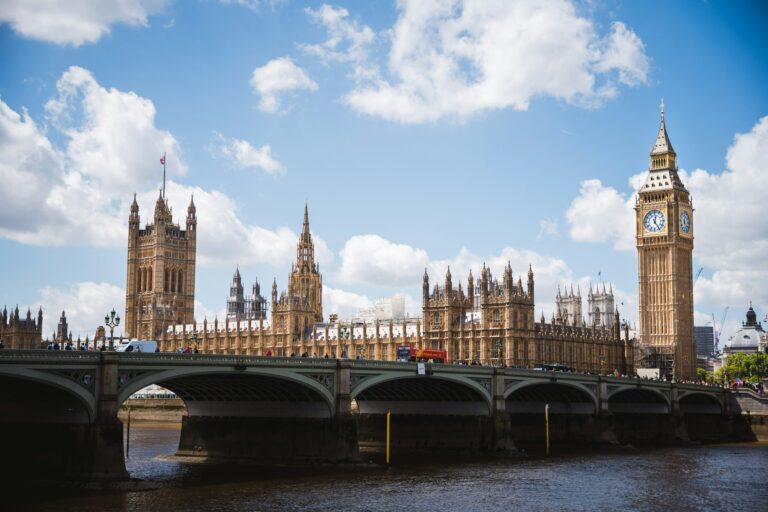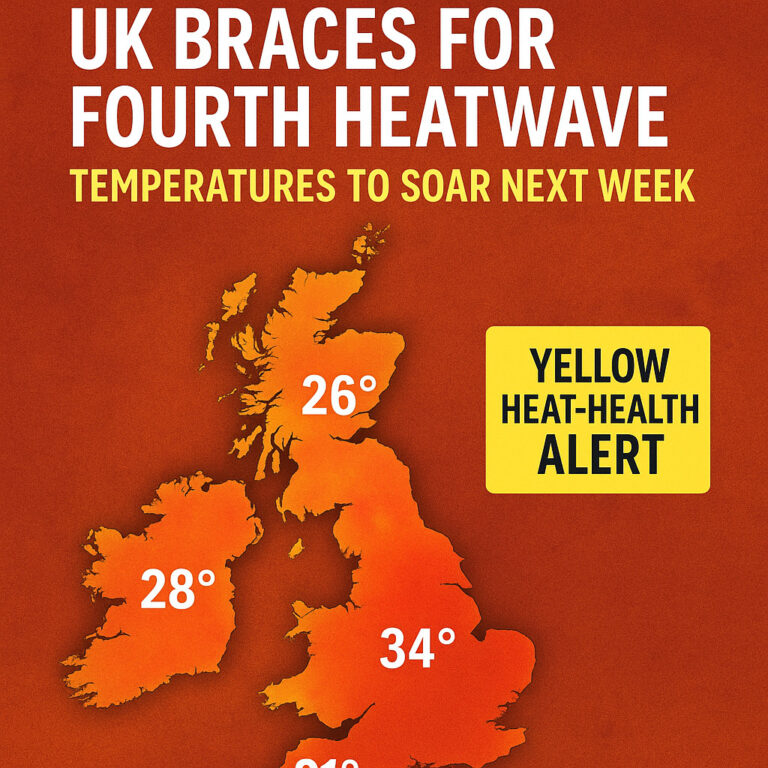Starmer & Macron’s “One-In, One-Out” Channel Migrant Deal Begins as Pilot Scheme
Prime Minister Keir Starmer and French President Emmanuel Macron met today at Downing Street to confirm a new migrant deal aimed at reducing illegal Channel crossings. The pilot scheme—described as a “one-in, one-out” deal—will allow for the return of up to 50 migrants per week to France, in exchange for the UK accepting an equal number of asylum seekers who have verified family ties in Britain.
While framed as a “step-change” in cooperation between the two nations, the plan remains in its early stages, facing funding, legal, and international hurdles.
🧭 The Basics of the Pilot
The returns deal is designed to deter people smugglers and reduce the number of dangerous small-boat crossings. France will accept the return of migrants who arrived illegally in the UK, while the UK will take in the same number of vetted individuals from France.
Officials emphasised that this is not a one-for-one trade based on nationality or timing, but a controlled transfer process focused on humanitarian and family connection cases.
💰 Financial and Political Hurdles
The deal’s success will depend heavily on logistics and financing. France is requesting additional UK contributions—above the existing £480 million cooperation fund—to expand coastal patrols, surveillance, and infrastructure.
President Macron made clear that while France is willing to engage, it won’t shoulder the burden alone. Starmer’s government is reportedly cautious about further spending without guarantees of results.
Critics have also raised concerns over the scale of the plan. With tens of thousands crossing the Channel each year, a return rate of 50 per week represents a tiny fraction of the problem.
⚖️ Legal and EU Constraints
France currently faces legal limits on how far inland enforcement teams can operate when intercepting migrants. These restrictions, along with EU migration protocols, are complicating broader implementation.
At the same time, several EU member states—including Spain, Italy, and Greece—have expressed concern that bilateral UK-France agreements could shift pressure onto their own borders.
🧠 Strategic Significance
Despite the small numbers involved, the deal has symbolic weight. It marks a reset in UK-French cooperation post-Brexit and introduces a formal process for managed migration between two major economies outside an EU framework.
Migration experts believe that if expanded and supported by other measures—like cracking down on illegal employment in the UK—the agreement could weaken the financial model that underpins the smuggling networks.
📉 Risks and Limitations
The pilot currently applies to just 2,600 migrants per year.
Implementation depends on legal adjustments in France.
Enforcement could be delayed by EU opposition.
Political backlash in both countries may stall further development.
📣 Voices from the Debate
Nigel Farage, leader of Reform UK, called the plan “a symbolic gesture, not a serious solution,” arguing it barely scratches the surface of the issue.
Migration expert Dr Amina Reyes countered:
“If this pilot makes smuggling less profitable, it’s a step forward. But it has to be backed by action, not just paperwork.”
🧾 Summary
The “one-in, one-out” scheme is a diplomatic milestone, but not a game-changer—yet. Its success will depend on funding, French cooperation, and political will. As a first step, it may buy time, but unless expanded quickly, its impact will remain limited.





